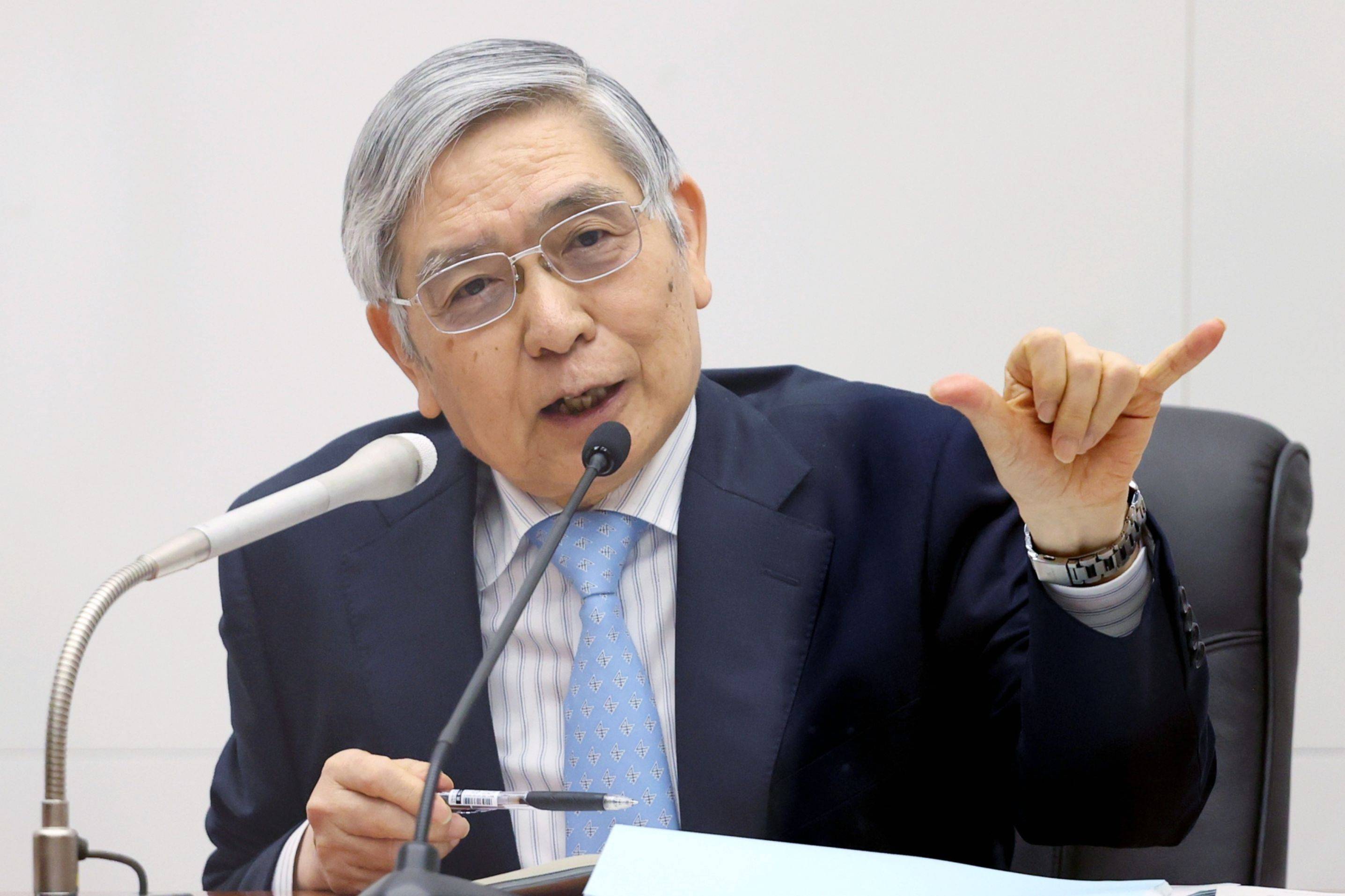The European Central Bank is set to raise interest rates in July for the first time in 11 years and the U.S. Federal Reserve has been on an interest rate hike campaign since March, causing the yen to fall to a 20-year low.
So when will the Bank of Japan follow suit?
Not anytime soon, economists say.



















With your current subscription plan you can comment on stories. However, before writing your first comment, please create a display name in the Profile section of your subscriber account page.